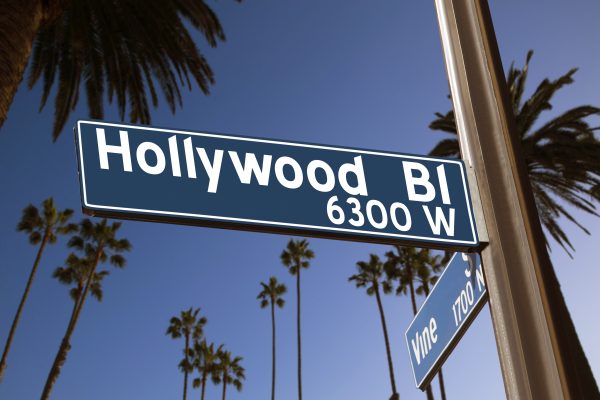
How to Have a Good Audition
You’ve got an audition! Get on with your bad self. So what now? The difference between a good audition and a stand-out audition is preparation. A performer can be wildly talented but still blow his or her shot at being cast due to lack of proper preparation. We understand that the audition process can be mega stressful, so here are a few helpful tips to ensure that you make the right kind of lasting impression:
Attitude Can Make for a Good Audition
Your audition begins the moment that you step through the door. Smile. A casting director is looking at more than just your ability to perform on camera- they want to know that you are someone they can work with off-screen as well. Having a tough week at work or school? In the middle of a messy break-up? Leave the negativity at home. Casting directors do not care what kind of week you are having. You get one chance to make a positive impression so no divas allowed.Presentation
You wouldn’t go into a job interview looking like you just rolled out of bed (hopefully), so why would you go to an audition looking anything short of your best? An audition is essentially a job interview. You are showing the casting director why you are the best candidate for the position that he/she is looking to fill. Dress accordingly for the part. If you are auditioning for an athletic wear campaign, don’t show up in a three-piece suit. Remember to keep good posture and smile.
*Ladies, less is more: natural makeup and hair away from your face.
Know Your Material
It is said that a casting director knows whether or not they like you within seconds of an audition. The best way to make sure that you really bring it in those first few seconds is to know your material. Practice your monologue or commercial in the car, make the hallway at school or work your runway, sing your audition songs while setting the dinner table. The more comfortable you are with your material, the better chance you have of overcoming any hiccups that may occur during your audition. This doesn’t mean just having your material memorized, either- be sure to study the entire play or film that you have selected from. If asked questions, you want to know exactly what you are talking about. If there is a word in your script that you are unsure how to pronounce or what it means- find out beforehand. Be sure to have more than one option prepared in case a casting director wants to see more.
*If your audition is a cold read, do your best to memorize as much of the sides that you are given as possible. It is okay to reference them, as long as you can do seamlessly and without stopping your performance.
Choose Your Time Wisely
Ever been to the DMV at the end of the day? The representatives behind the desk have been seeing customers all day long and are just so over it. Sometimes, casting directors feel this way after a long day of auditioning. When choosing and audition time, the earlier the better. You will catch the casting director while he/she is bright-eyed and bushy-tailed. Often, this may get you at least a callback because he or she is uncertain of what the remainder of the day will hold. If you’re thinking of auditioning around lunch, stop that thought right there. Do you really want to perform a song while a casting director is crunching on a Cobb Salad? Us either.
Be Flexible
No, we don’t mean yoga (although that isn’t such a bad idea.) Often times, a casting director will listen to your audition and ask you to make adjustments. Relax. This doesn’t mean that your initial performance was a flop. This is to gauge your versatility and see if you can fit the part that they are looking to cast. Be open and willing to make these adjustments, even if they go entirely against everything that you have rehearsed. If you are auditioning for the role of “Cow” and you suddenly find yourself being asked to perform if you were a part of a Communist regime, just go with it. Flexibility of time is also critical. If callbacks are held the same day as the audition, be sure that you have freed up your entire day. If a casting director gives you the opportunity of a callback, don’t slap him or her in the face by telling them that you can’t make it because you have to go weed your grandmother’s garden.
If you are offered or under consideration for the role, the answer is always “Yes.” If a casting director asks “Can you be (insert location) on (insert date)?” You say yes. You are flexible and available.
If you think it’s possible that you may not be able to work the job after all, let your agent take care letting them know.
The last bit of advice that we will leave you with is to keep on keepin’ on. The entertainment industry is no joke. Auditions can be intimidating, emotionally exhausting, and heart breaking. But a good audition can also be exciting, encouraging, and rewarding. If you aren’t cast for a part, don’t just throw in the towel. Keep auditioning. Remember that just because you aren’t cast, it doesn’t mean that you aren’t talented. You just may not fit what the casting director is specifically looking for. Shake it off and on to the next.